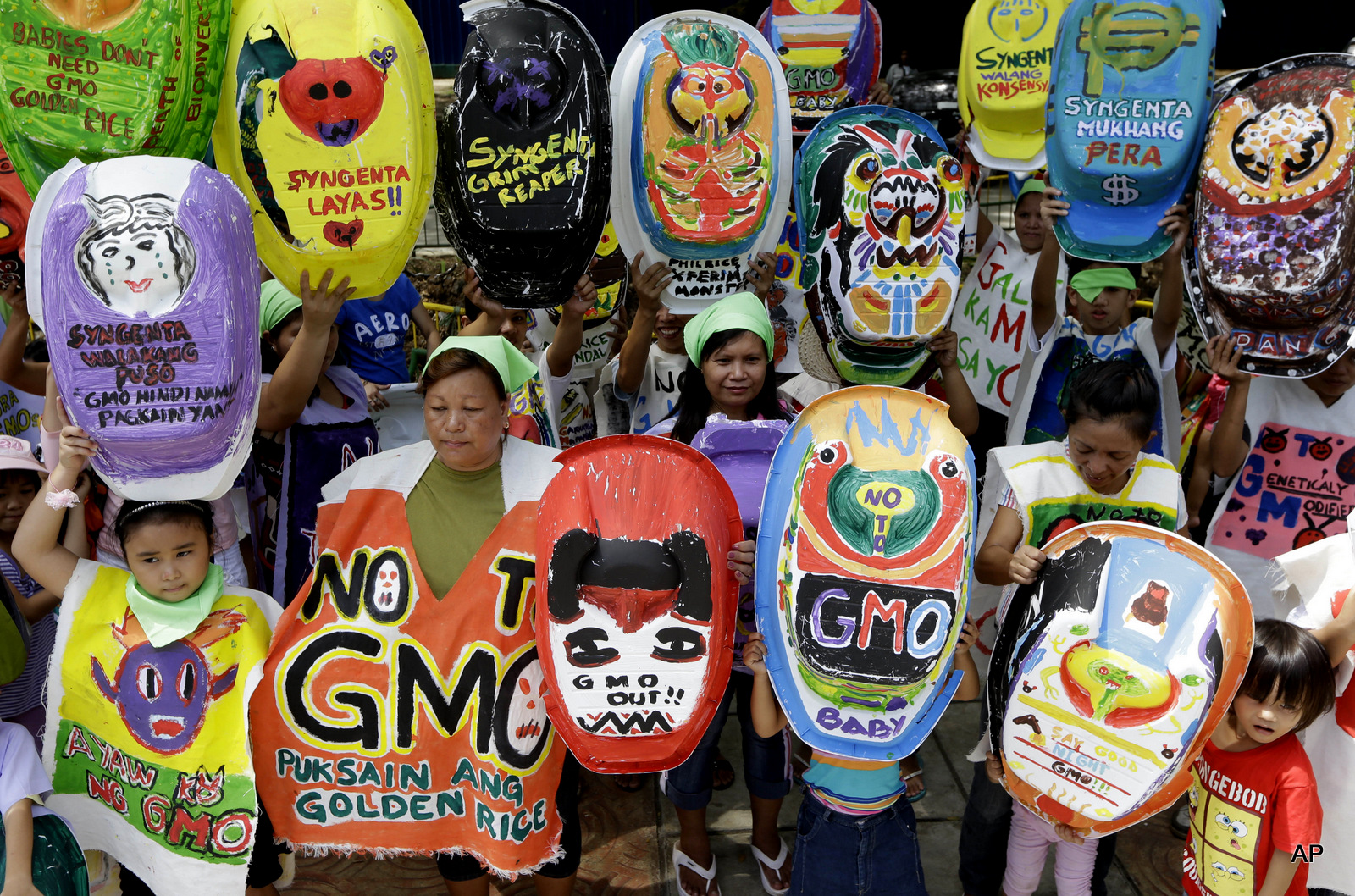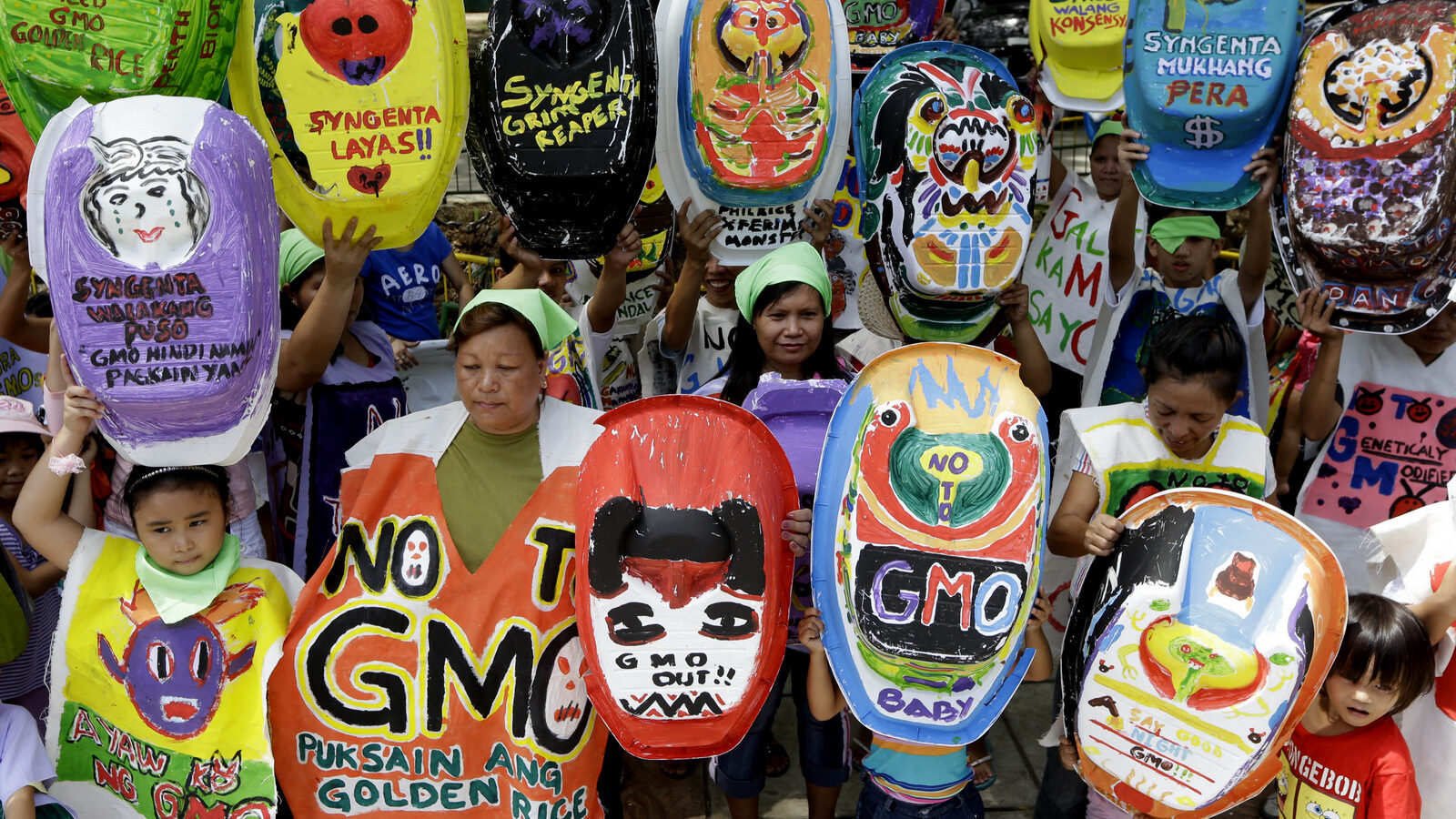
Nobel Laureates who have been pushing the genetically modified organism agenda deep into scientific circles are being lambasted by a group called the Union of Latin American Scientists Committed to Society and Nature (UCCSN-AL).
A whopping third of Nobel laureates recently slammed Greenpeace for its anti-GM campaign, claiming that the issues which Greenpeace has highlighted “misrepresent the risks, benefits, and impacts” of genetically altered plants.
The UCCSN-AL thinks we should be aware of the true aims of companies like Bayer, Monsanto, Syngenta, and Dow Agrochemical, and others, even with glowing reviews from signatories who make GM-promoting claims without data to back them up.
Whether the public at large will take any anti-GM advice based simply on the Nobel pedigree remains to be seen, especially considering that email trails recently revealed that many high-level professors at universities and scientific journals were either bribed or funded by Dow, Syngenta, Monsanto, Bayer AG, and other chemical-ag champions.
The public reprimand against these laureates concerns transgenic crops, and ‘Golden Rice,’ a highly touted Gates Foundation experiment which has been proven to be deceptive in its claims to help feed the world and stop Vitamin A deficits in poor populations. Truly, if the aim of the Gates Foundation and other corporations was to stop hunger and end vitamin deficiency, why would they continue to patent crops which have been shown to have lower levels of the vitamins and essential minerals that humans need for better health? Many transgenic crops are known as chelators of important minerals from the soil itself.
The Gates’ argue,
“The foundation is supporting the International Rice Research Institute (IRRI) and partners to develop Golden Rice, a type of rice that contains beta carotene, which the body converts to vitamin A. This grant builds on previous foundation funding, and supports a range of activities to develop Golden Rice varieties that are suited for the Philippines and Bangladesh. It is hoped that Golden Rice will help improve the health of millions of children and adults across the Philippines and Bangladesh.”
However, detractors attest that a simple Vitamin A supplement would be cheaper, easier to provide, and would not require patented, transgenic seed. There is also the suspicion that since rice is a staple food in more than two thirds of the world, that the monopolization by genetically modified rice seed would obliterate ancient varieties, making farmers and those they feed reliant upon GM companies for food.
Similarly, 59 varieties of indigenous corn were recently put at risk in Mexico by the same type of campaign to push ‘much needed GM food’ onto people who were already feeding themselves without it.
The UCCSN-AL states in reference to these transgenic crops,
“[Transgenesis] cannot be considered an advanced science anymore because it is based on fallacious and anachronistic assumptions. Its defenders have oversimplified the scientific rationale behind GMOs to the point that the technology cannot be considered valid anymore: they have discarded rigorous science. The lack of scientific ground that justifies GMOs is also the reason why its promoters deny complex systems of knowledge, such as indigenous peoples’ cultures and livelihoods. Transgenic technology is the geopolitical instrument for colonial domination of our time.”
The UCCSN-AL continues,
“Scientific work must be developed with ethical responsibility and it must be committed to nature and society, and because of that, we reject the concepts stated in the letter and denounce the genocidal role of industrial farming based on GM crops, and we stress the need to defend, promote, and multiply the modes of food production that were culturally developed by the peoples of our region, and therefore are vital to ensure autonomy, environmental sustainability, safety and food sovereignty.”
Furthermore, the premise upon which Golden Rice was developed is provably false. Most genetically modified crops are grown to feed animal livestock and corn ethanol as a subsidized ‘alternative’ fuel for oil companies. These crops aren’t being developed to feed the world, but to feed the greed of elite corporate families which have no interest in whether a child in Bangladesh goes blind, or a food production system robs indigenous groups of ancient farming techniques which yield bumper crops of non-GM food.
If you want an autonomously-fed society, you don’t give them Golden Rice. A thousand Nobel winners that have been paid by the industry to say GMOs are good, likely won’t sway indigenous farmers away from their current opinion.
![]() This work by UndergroundReporter.org. is licensed under a Creative Commons Attribution-NonCommercial-ShareAlike 4.0 International License.
This work by UndergroundReporter.org. is licensed under a Creative Commons Attribution-NonCommercial-ShareAlike 4.0 International License.


